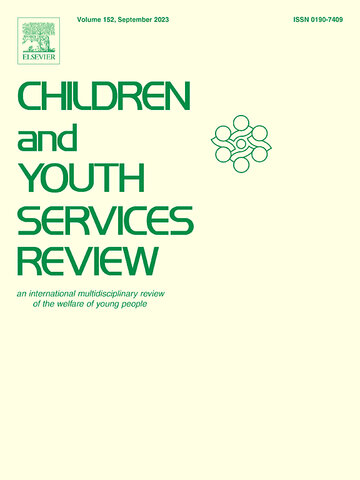Abstract
Background
For children who are not reunified with their biological family members, the child welfare system promotes legal permanence through adoption or guardianship. The intent of adoption and guardianship is a safe home where children develop familial relationships that last a lifetime. However, issues may arise that result in children or youth living apart (LA) from their families after adoption or guardianship. In this study, LA is defined as a youth living outside the home after adoption or guardianship for two weeks or longer because the youth was receiving treatment in a residential or hospital setting, in a juvenile justice setting, or became homeless or ran away from home.
Objective
Using caregiver survey data, this study examined the following questions: (1) What is the prevalence of LA? (2) What are the risk and protective factors at child and family levels that are associated with LA? (3) What is the nature of the relationships between family members among those who have experienced LA?
Participants and Setting
This study re-purposed data from surveys of adoptive parents and guardians of children formerly in foster care in four states (n = 2473).
Methods
Data were collected concurrently, and analyzed through an explanatory sequential mixed methods design began with determining prevalence rates and logistic regression to explore risk and protective factors for LA. This was followed by an examination of survey responses from a subsample of children who experienced LA to provide a deeper understanding of family relationships.
Results
8% of respondents experienced LA. Regression findings: kinship (OR = 0.57), higher family income (OR = 0.89), and engagement in extracurricular activities (OR = 0.37) served as protective factors for LA. Two elements of relationships were identified: Reciprocal, nurturing connections, which enhanced familial relationships and unfulfilled, unsupported connections that strained familial relationships.
Conclusions
This study expands our understanding of the challenges faced by adoptive and guardianship families. Key findings include the importance of extracurricular school-related involvement, biological family support, and adoption or guardianship specific services.

